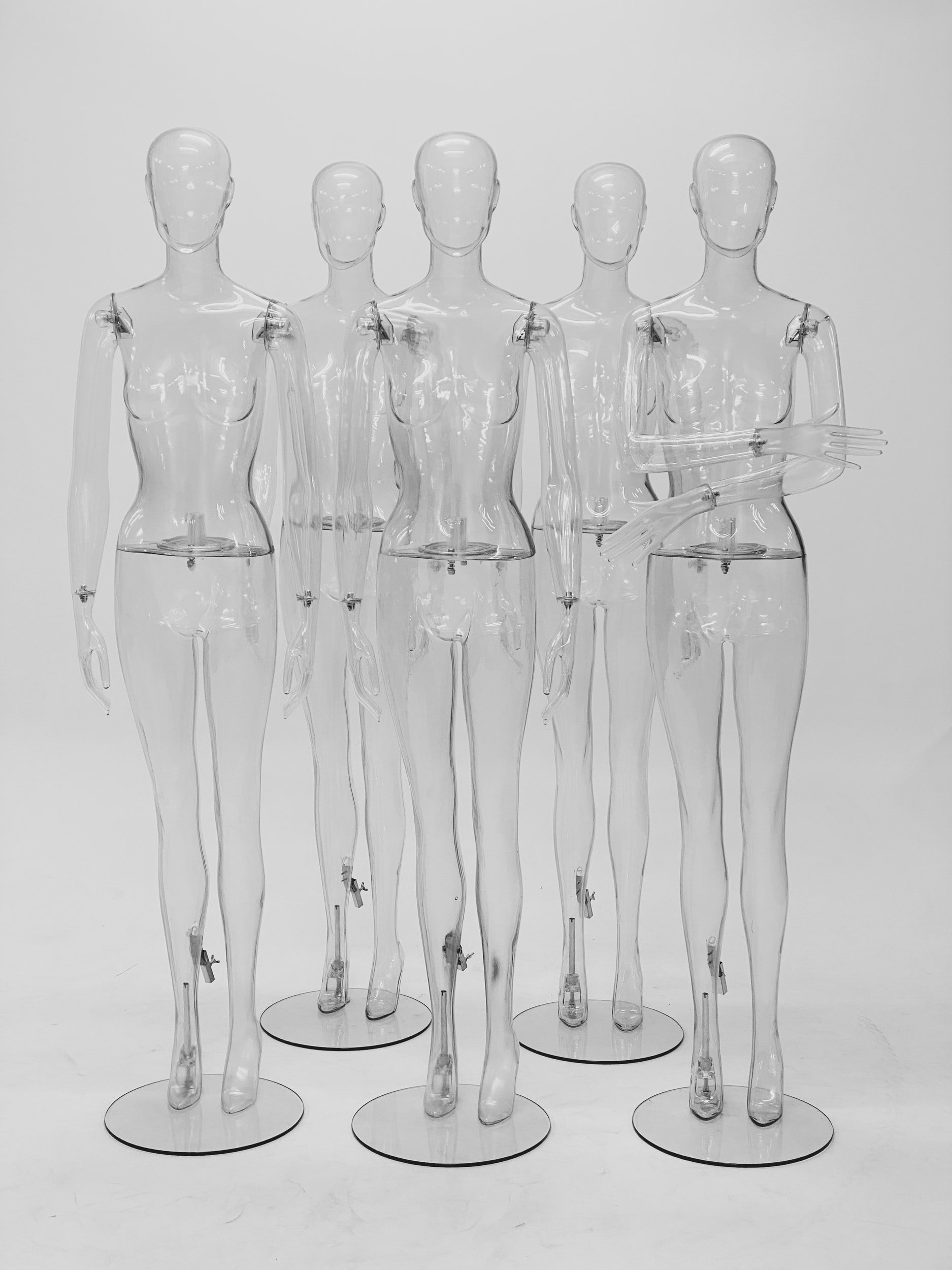File this under: Who’s going to tell them?
The romanticizing of life-long marriages has actually had a detrimental effect on relationships.
We have started to see a backlash against longevity as the ultimate factor of successful relationships and marriages. Marriage itself is of course a nuanced, complex arrangement - but you wouldn’t know that if you looked at social and other media around this multi billion dollar industry.
Of course, long term monogamous relationships are a beautiful thing! (TBH if I wasn’t a therapist, I would be a wedding and event planner. Seriously, I love weddings.)
But focusing on longevity ignores all the other factors that go into a successful relationship.
Things like evolving with your partner, or allowing space for them to change, the impact of financial stress, raising children, isolation from friends and family, and many other experiences are often ignored in the phrase “til death do you part.”
Sometimes, the kindest thing you can do is agree to end a relationship or a marriage amicably.
This is true for people of all genders. However, because of patriarchal cultural norms and the institutional barriers for women, we are often most disadvantaged when it comes to considering ending a marriage.
Of course, anyone who has been through a divorce will often say they stayed longer than they should have. There is pressure on everyone from social, legal, financial, and even religious aspects.
And while media often shows men finding relief after “escaping the bear trap” of a bad marriage, and casts women in a desperate, “washed-up” light, research continues to show that women often report being happier after divorce.
A 2013 survey conducted by London’s Kingston University said the majority of women were happier than they had ever been after divorcing. Another survey by Carphone Warehouse said 35% of women were less stressed after divorce compared to 17% of men.
Here are five reasons why women in particular report being happier after divorce.
























